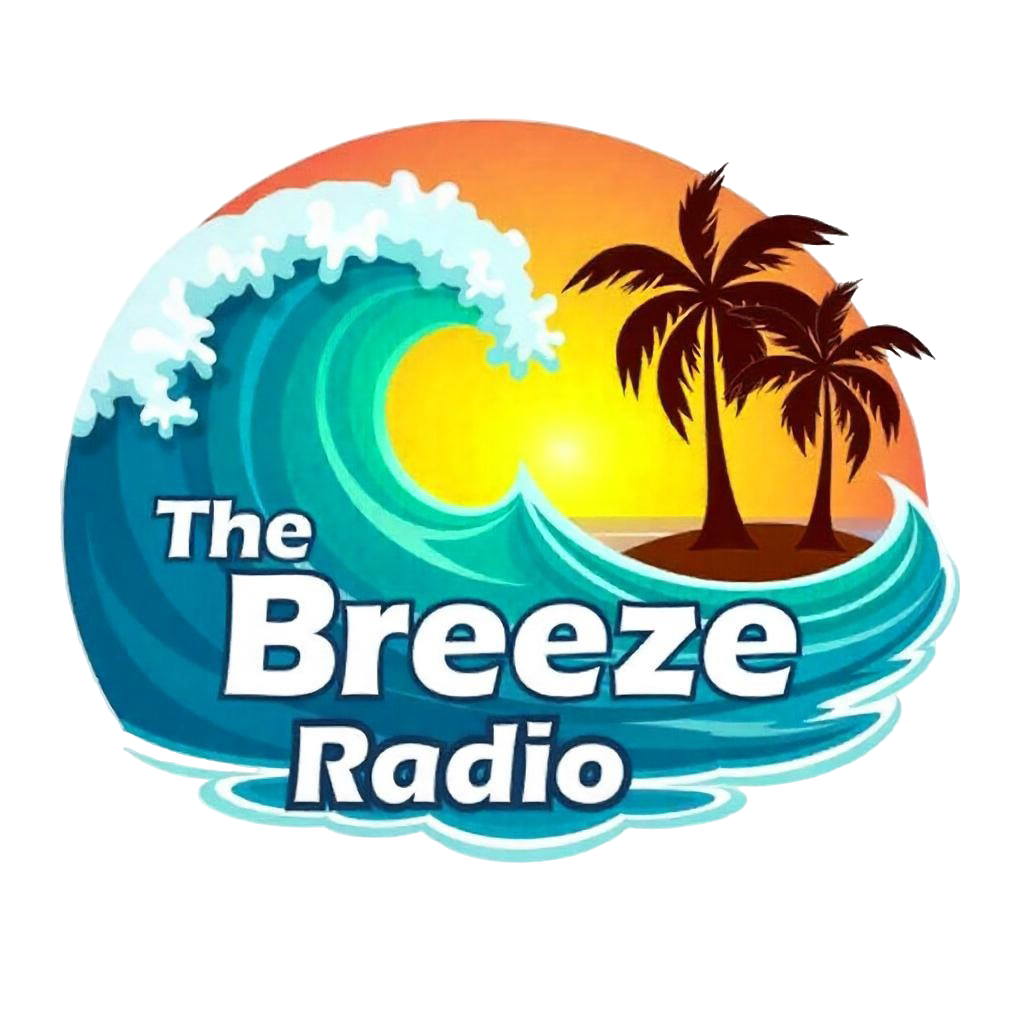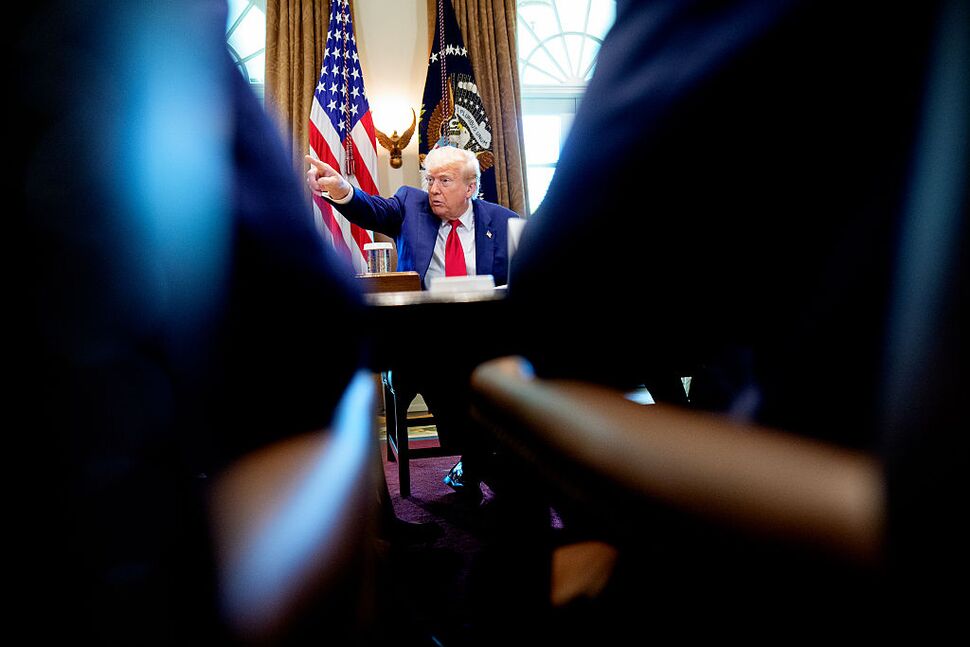Listeners:
Top listeners:
-
 play_arrow
play_arrow
The Breeze Radio The Breeze Radio
The Trump administration says the much-awaited broad tariffs will begin Aug. 1.
As August nears, markets and economists are once again looking at President Donald Trump’s proposed tariffs for guidance on where the economy goes in the second half of the year.
Commerce Secretary Howard Lutnick reiterated Sunday that broad tariffs on America’s trading partners begin on Aug. 1, having been announced and delayed since April.
“The next two weeks are going to be weeks for the record books. President Trump is going to deliver for the American people,” Lutnick said during an appearance on “Face the Nation.”
Trump has sent letters to 25 countries announcing a variety of levies on their exports, but negotiations are continuing. European Union officials have said they will retaliate with their own tariffs in response to threats of a 30% overall tariff on the group.
The issue of tariffs has hung over the economy for months, with some higher prices beginning to show in the latest inflation data, especially for goods such as electronic components and furniture. Food prices remain elevated as well.
That has left the Federal Reserve unwilling to lower interest rates until the full effects of the tariffs are seen, pitting Trump against Fed Chairman Jerome Powell.
While last week’s inflation and economic data came in relatively benign, with improvement in consumer sentiment reported on Friday, that may not be the case Monday morning when the Conference Board issues its July reading on leading economic indicators. That is expected to show expectations for a slowdown in the economy.
“Despite these improvements, sentiment remains weak and is still signaling slower consumer spending ahead,” Richard de Chazal, macro analyst at William Blair wrote in a client note Monday. “Lower inflation expectations will reassure the Fed, but their elevated levels continue to constrain proactive easing, especially as growth and employment have softened. While the economy has avoided a recession, persistent uncertainty is weighing on both consumption, outside of tariff-related front-loading, and business investment.
There will be reports on the state of the housing market with data on existing home sales for June on Wednesday and new housing activity on Thursday. The first is expected to show a slight dip from May while the latter is likely to record a small increase.
“The housing market is in a funk, held back by high mortgage rates, bad affordability, and rising homeowners’ insurance premiums,” Comerica economists Bill Adams and Waran Bhahirethan wrote Monday morning. “Home listings are above late 2010s levels in the Sunbelt metros that boomed post-pandemic, but still below them in slower-growing metros on the Pacific Coast, in the Midwest, and in the Northeast.”
On Monday, the Conference Board said that its leading indicators index fell 0.3% in June after an upwardly revised reading of no change in May from the previous estimate of a 0.1% decline.
“The US LEI fell further in June,” said Justyna Zabinska-La Monica, senior manager of business cycle indicators at the business organization. “For a second month in a row, the stock price rally was the main support of the LEI. But this was not enough to offset still very low consumer expectations, weak new orders in manufacturing, and a third consecutive month of rising initial claims for unemployment insurance.”
The Conference Board now sees economic growth slowing sharply this year to 1.6%, “with the impact of tariffs becoming more apparent in [the second half of 2025] as consumer spending slows due to higher prices.”
The week also features earnings reports from key technology companies such as Alphabet and Tesla. Stocks have hit new highs recently, as Trump has backed off his tariffs and also because of expectations for the development and application of artificial intelligence.
But there are signs that some of Trump’s policies, notably the tariffs and increased immigration enforcement, may be causing some drop in his approval ratings.
A CBS/YouGov poll released Sunday found Trump’s approval rating at 42%, with disapproval at 58%. That approval compares with 45% in June and 47% in mid-April.
Written by: Joshua Stuart
Similar posts
Recent Posts
Recent Comments
No comments to show.-

Regular Programing
Playing those non-stop feel good tunes from the 60s to the 90s.
close Chart
-
-
 play_arrow
play_arrow
You Are (Single Edit) Lionel Richie
-
-
-
 play_arrow
play_arrow
Da Ya Think I'm Sexy? (2008 Remaster) Rod Stewart
-
-
-
 play_arrow
play_arrow
I Just Called to Say I Love You (Single Version) Stevie Wonder
-
-
Top popular

How the Passage of the ‘Big, Beautiful Bill’ Could Impact Med Students and Hospitals

2 Charged In Connection With Unlicensed Cannabis Sales At Smoke Shops In Brookhaven Town: Cops

Brood Of 7 Ducklings Saved From Storm Drain On Long Island Expressway

Man Dies After Being Pulled Unresponsive From LI Pool: Police

New ALDI Discount Grocery Store Coming To Long Island
Get in Tune with Us!
Reach out to us for inquiries, requests, or collaborations, and let’s keep the music alive.
© 2025 Stuart Broadcasting Studios. All Rights Reserved.













Post comments (0)